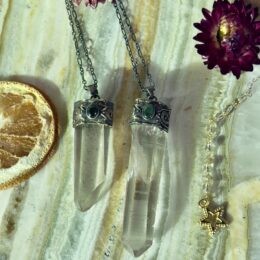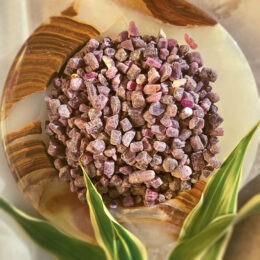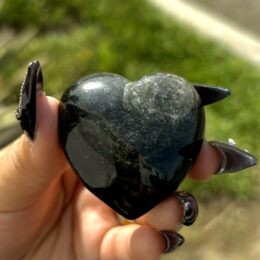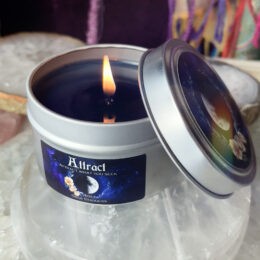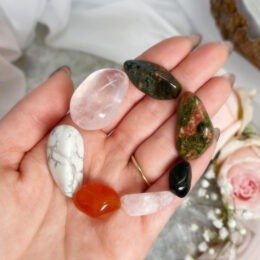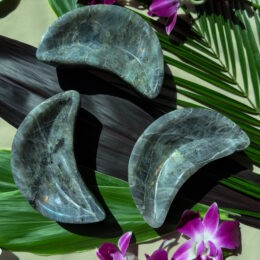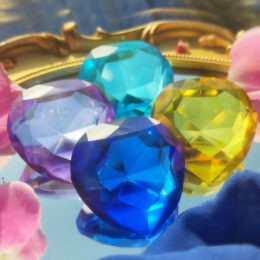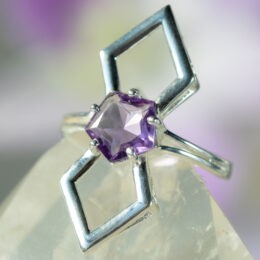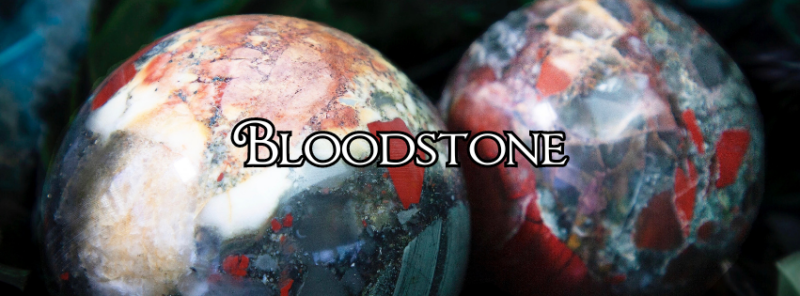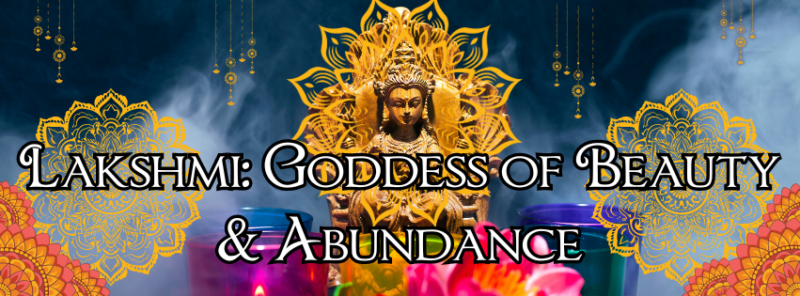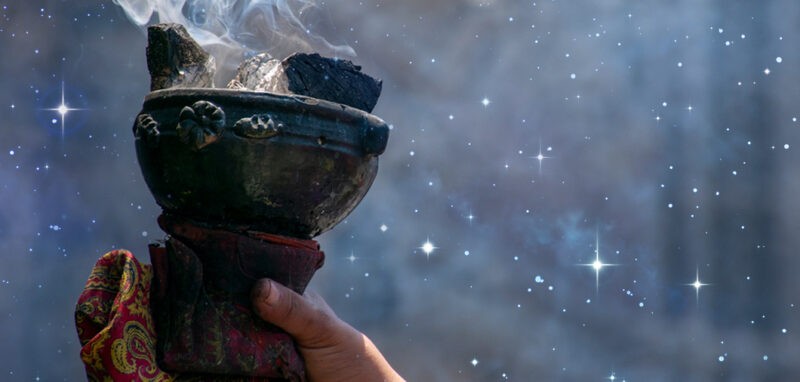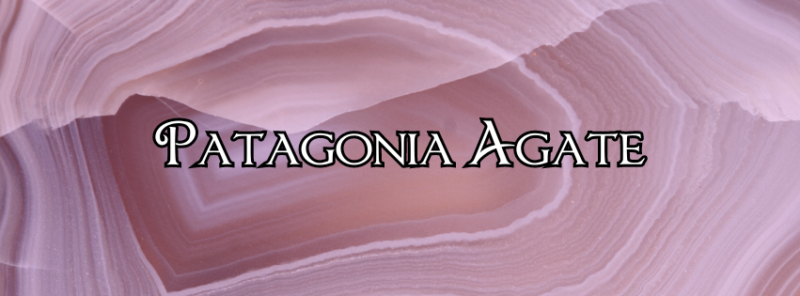Your cart is currently empty!
Mangano Calcite Guide: Properties and Meaning
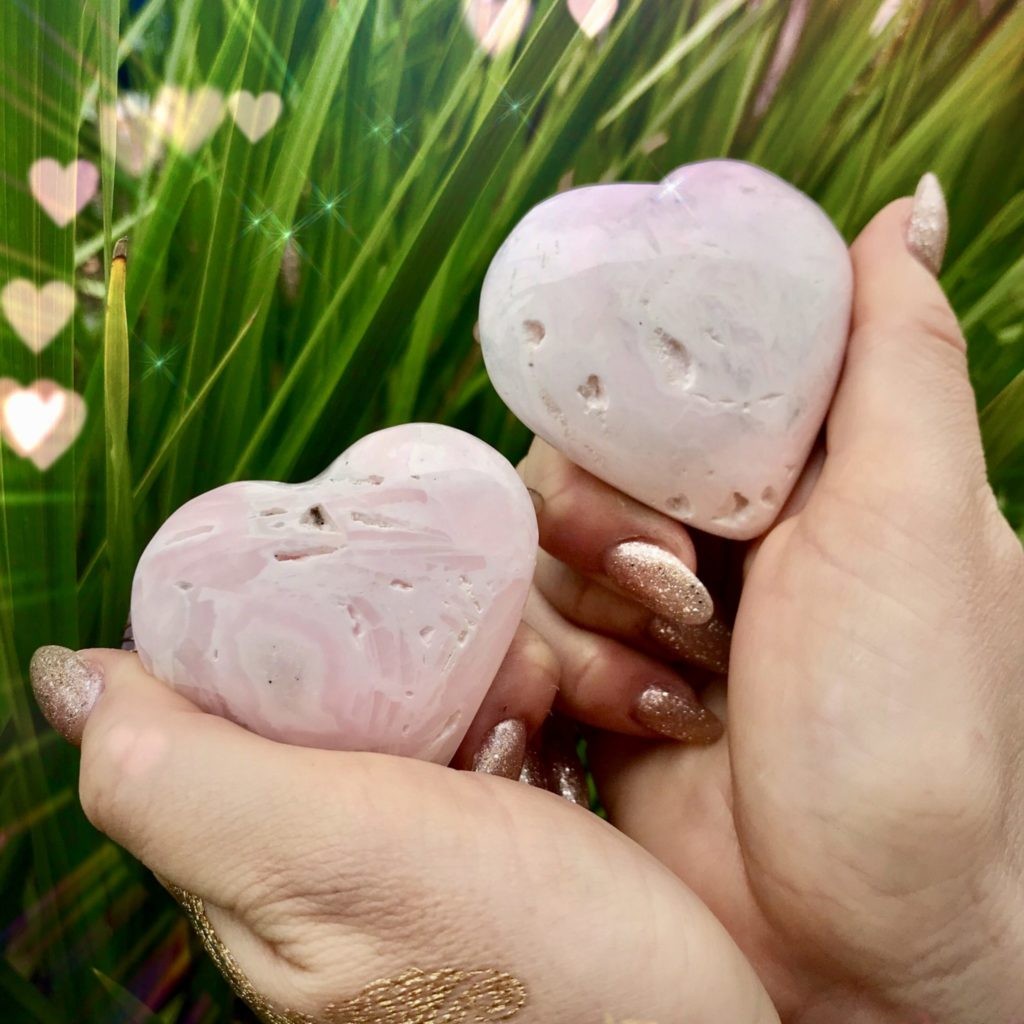
Mangano Calcite Properties
Color: PinkMohs Hardness: 3Chakra: HeartCrystal Structure:TrigonalLocation: Global
About Mangano Calcite
Mangano Calcite, also known as Pink Calcite, is a healing crystal associated with the Heart chakra. Its color, pink, symbolizes love, compassion, and emotional healing. This crystal helps with trauma and grief, especially in children. Mangano Calcite contains manganese, which provides specific benefits for individuals who have experienced trauma. It aids in healing the inner child, reconnecting with lost or hidden parts of the spirit, promoting trauma recovery, and healing a broken heart. This crystal is also associated with Quan Yin, the goddess of compassion, and promotes non-judgmental acceptance and unconditional love. Overall, Mangano Calcite is a powerful crystal that brings emotional healing and balance to the heart chakra.
The history of Mangano Calcite
The history of Mangano Calcite dates back to ancient times. It has been used for its healing properties by various cultures throughout history. The name “Mangano” comes from the Latin word for manganese, a key component of this crystal. Manganese is known for promoting emotional healing and balance. In ancient Egypt, Mangano Calcite was believed to possess protective qualities and was frequently used in amulets and jewelry. The ancient Greeks and Romans also utilized it for its calming and soothing effects. Today, Mangano Calcite continues to be highly valued for its healing properties and is widely used in crystal healing practices.
What are Mangano Calcite healing properties?
Mangano Calcite helps with trauma and grief, especially in children. It helps heal the inner child, reconnect with lost or hidden parts of the spirit, promotes trauma recovery, and heals a broken heart.
What are Mangano Calcite Metaphysical / Spiritual Properties?
Mangano Calcite is associated with the Heart chakra and promotes non-judgmental acceptance and unconditional love. It is also associated with Quan Yin, the goddess of compassion. Overall, it brings emotional healing and balance to the heart chakra.
Mangano Calcite FAQ
What is Mangano Calcite used for?
Mangano Calcite is commonly used for emotional healing and promoting self-love. It helps release past traumas and emotional wounds, allowing for forgiveness and compassion. This gemstone also enhances empathy, promotes inner peace, and encourages a sense of tranquility.
What does Mangano Calcite do?
Mangano Calcite is known for its calming and soothing properties. It reduces anxiety, stress, and tension, promoting a sense of relaxation and emotional well-being. This gemstone also enhances one’s ability to express love and compassion, both towards oneself and others.
Can Mangano Calcite go in water?
Yes, Mangano Calcite is generally safe to use in water. However, it is important to note that some gemstones may be porous or contain toxic elements, so it is always recommended to research and ensure the specific gemstone is safe for water use before submerging it.
How to cleanse Mangano Calcite?
To cleanse Mangano Calcite, you can use various methods such as placing it under running water, using sound vibrations, or smudging it with sage or palo santo. Choose a cleansing method that resonates with you and your personal beliefs.
What does Mangano Calcite do spiritually?
Spiritually, Mangano Calcite opens and activates the heart chakra, allowing for a deeper connection with oneself and others. It promotes self-acceptance, forgiveness, and unconditional love. This gemstone also enhances spiritual growth and assists in connecting with higher realms.
How to clean Mangano Calcite?
To clean Mangano Calcite, gently wipe it with a soft cloth or use a mild soap and water solution. Avoid using harsh chemicals or abrasive materials that may damage the gemstone’s surface. Handle Mangano Calcite with care to prevent any scratches or fractures.
How to spot fake Mangano Calcite?
To spot fake Mangano Calcite, look for signs of authenticity. Genuine Mangano Calcite usually has a soft pink or peach color with a translucent to opaque appearance. It may also exhibit natural patterns or inclusions. If the gemstone appears too vibrant or has an unnatural color, it may be an imitation.
Is Mangano Calcite toxic?
Mangano Calcite is generally considered non-toxic and safe to handle. However, it is always recommended to wash your hands after handling any gemstone, as some minerals may contain trace elements that could be harmful if ingested.
Where is Mangano Calcite found?
Mangano Calcite is primarily found in countries such as Peru, Mexico, and the United States. It can also be found in other regions around the world, but these are the main sources of this gemstone.
How is Mangano Calcite pronounced?
Mangano Calcite is pronounced as “man-gah-no kal-sahyt.” The word “Mangano” is pronounced with the emphasis on the second syllable, and “Calcite” is pronounced as “kal-sahyt.”
What chakra is associated with Mangano Calcite?
Mangano Calcite is associated with the heart chakra, which is located in the center of the chest. This gemstone helps balance and activate the heart chakra, promoting love, compassion, and emotional healing.
Can Mangano Calcite be in the sun?
Mangano Calcite is generally safe to be in the sun. However, prolonged exposure to direct sunlight may cause the color of the gemstone to fade over time. It is recommended to limit the gemstone’s exposure to sunlight to preserve its natural beauty.
How to charge Mangano Calcite?
To charge Mangano Calcite, place it in the sunlight or moonlight for a few hours. This allows the gemstone to absorb the energy from these celestial sources. You can also visualize or set intentions for the gemstone while holding it in your hands, infusing it with your own energy.
What is the hardness of Mangano Calcite?
Mangano Calcite has a relatively low hardness of 3 on the Mohs scale. This means it is relatively soft and can be easily scratched or damaged. Handle Mangano Calcite with care and avoid exposing it to rough surfaces or harsh chemicals.


